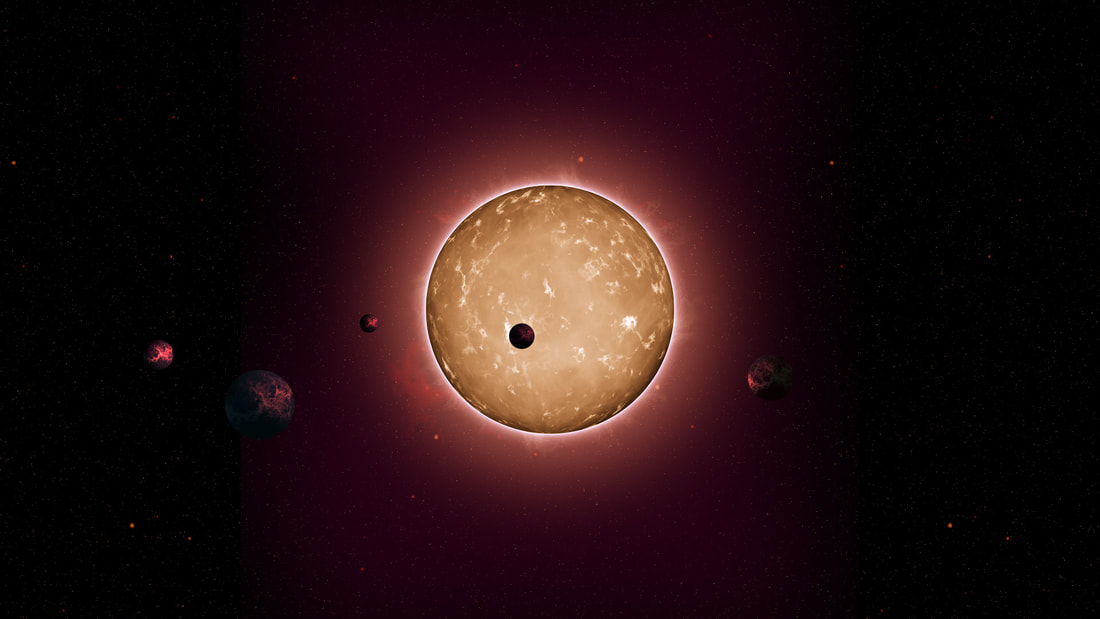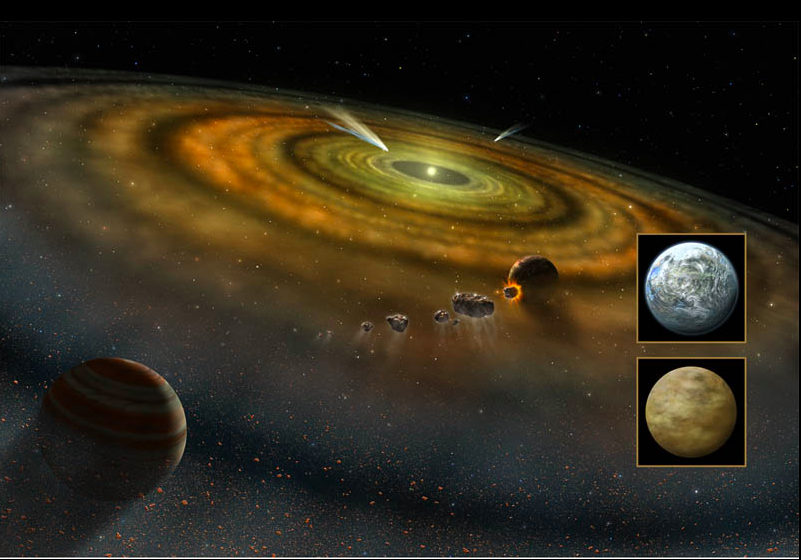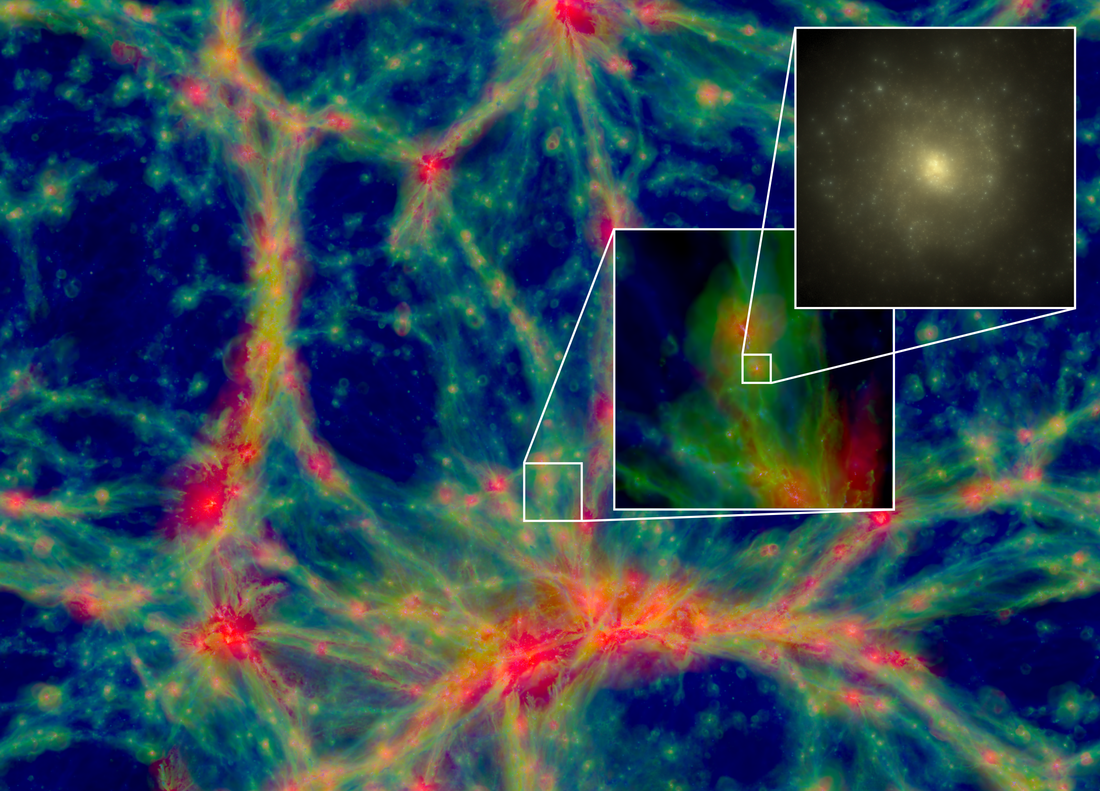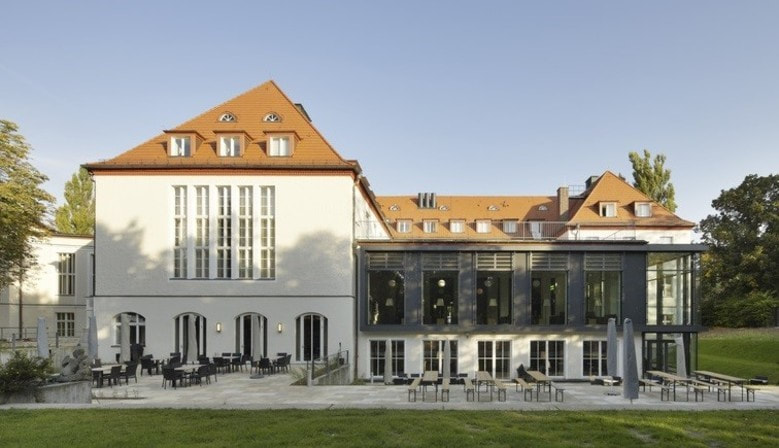Conference Motivation
| Program.pdf | |
| File Size: | 97 kb |
| File Type: | |
The symposium aims to bring together 60-70 international experts in the formation and evolution of galaxies, stars and planets, for an intensive programs of talks and discussions about unsolved problems and emerging new observational and theoretical methodologies. Rather than arranging the program by subject area, we have identified a number of scientific themes that are of common relevance.
Theme 1 : Dynamics across all scales: binaries, 3-body interactions, resonances and radial migration in stellar, planetary and galaxy systems
Theme 2: The formation of (proto)planets, (proto)stars and (proto)galaxies: the regulation of gas inflow and outflow
Theme 3: The co-evolution of planets, stars and galaxies focusing on stellar evolution and nucleosynthesis in stars What is the influence of the evolving star on their planets? How does an improved understanding of its evolution lead to greater understanding of galaxy evolution?
Theme 4: The outer atmospheres of planets, stars and galaxies
Theme 1 : Dynamics across all scales: binaries, 3-body interactions, resonances and radial migration in stellar, planetary and galaxy systems
Theme 2: The formation of (proto)planets, (proto)stars and (proto)galaxies: the regulation of gas inflow and outflow
Theme 3: The co-evolution of planets, stars and galaxies focusing on stellar evolution and nucleosynthesis in stars What is the influence of the evolving star on their planets? How does an improved understanding of its evolution lead to greater understanding of galaxy evolution?
Theme 4: The outer atmospheres of planets, stars and galaxies
Scientific Organizing Committee
Guinevere Kauffmann
Scientific Director,
Max Planck Institute for Astrophysics. Research interests: formation and evolution of galaxies and their supermassive black holes |
Hilke Schlichting
Associate Professor of Astronomy and Planetary Science, UCLA.
Visiting Professor, MIT. Research interests: formation and evolution of planets, orbital dynamics and exoplanets. |
Saskia Hekker
Leader of the Stellar Ages and Galactic Evolution (SAGE) group at the Max Planck Institute for Solar system research in Göttingen
|
Conference Location
The venue of the meeting, the Harnack House, is located in the intellectual colony of the Dahlem district of Berlin, seat of the Free University of Berlin. It was opened in 1929 as a centre for German scientific and intellectual life. The conference centre rooms have natural daylight, there is an outdoor garden and the venue features state-of-the-art conference equipment. Double and single rooms have been reserved in the guesthouse on site. Evenings and at least one afternoon will be free for participants to explore Berlin according to their their own initiatives.
Venue website: www.harnackhaus-berlin.mpg.de
Venue website: www.harnackhaus-berlin.mpg.de
Event speakers
|
Philippe Andre
Sean Andrews George Angelou Matthew Bate Andrei Beloborodov Ted Bergin Matteo Cantiello Francoise Combes Leen Decin Jean-Michelle Desert Kees Dullemond Yvonne Elsworth Anette Ferguson Reinhard Genzel Jeremy Goodman Eva Grebel Oliver Hahn Saskia Hekker Thomas Henning Anders Johansen Jennifer Johnson Kathryn Johnston Guinevere Kauffmann Alex de Koter Pavel Kroupa John Lattanzio |
Doug Lin
Karin Lind Marie Martig Lucio Mayer Jorge Melendez Shazrene Mohamed Mark Morris Norm Murray Ruth Murray-Clay Thorsten Naab Martin Pessah Daniel Price Didier Queloz Maurizio Salaris Re'em Sari Hilke Schlichting Aldo Serenelli Volker Springel Else Starkenburg Chuck Steidel Romain Teyssier Xander Tielens Silvia Toonen Scott Tremaine Giovanna Tinetti Kim Venn Achim Weiss Simon White |






